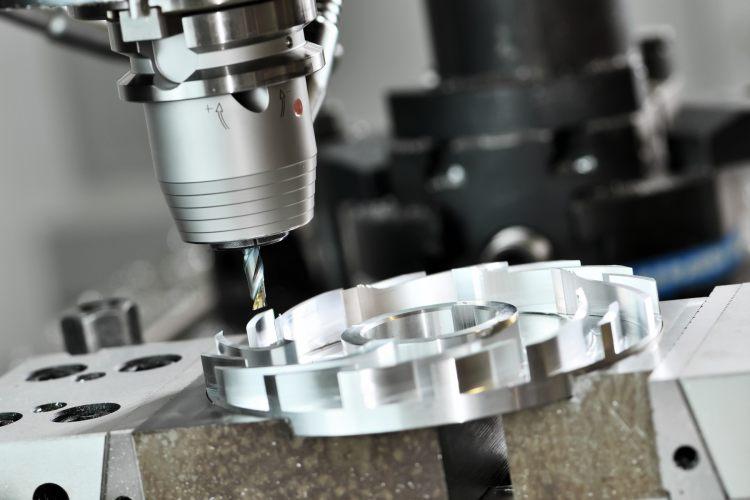What Is ABS Plastic and Why Is It CNC Machined?

ABS is an acronym for Acrylonitrile Butadiene Styrene. It's a type of thermoplastic polymer renowned for its exceptional balance of properties. Here's a breakdown of its key characteristics:
l Strength and Durability: ABS is known for its toughness and impact resistance, making it suitable for applications where the material might encounter physical stress.
l Versatility: It can be easily molded and shaped into various forms, offering design flexibility.
l Chemical Resistance: ABS exhibits good resistance to a range of chemicals, extending its potential use cases.
l Cost-Effective: Compared to other engineering plastics, ABS is generally more affordable.
Why CNC Machining for ABS?
CNC (Computer Numerical Control) machining is a precise manufacturing process that utilizes computer commands to control machine tools. For ABS, CNC machining is preferred due to several reasons:
l Complex Shapes: CNC machines can create intricate and detailed ABS parts that would be challenging to produce through other methods.
l Precision and Accuracy: CNC machining ensures high levels of precision, making it ideal for parts with tight tolerances.
l Rapid Prototyping: CNC machining allows for quick production of prototypes, accelerating product development cycles.
l Customization: It offers flexibility in creating customized parts with specific requirements.
l Small to Medium Production Runs: CNC machining is economically viable for producing relatively small quantities of ABS parts.
In essence, ABS's desirable properties combined with CNC machining's capabilities create a perfect match for producing high-quality, functional, and aesthetically pleasing parts.
- Art
- Causes
- Crafts
- Dance
- Drinks
- Film
- Fitness
- Food
- Giochi
- Gardening
- Health
- Home
- Literature
- Musica
- Networking
- Altre informazioni
- Party
- Religion
- Shopping
- Sports
- Theater
- Wellness


